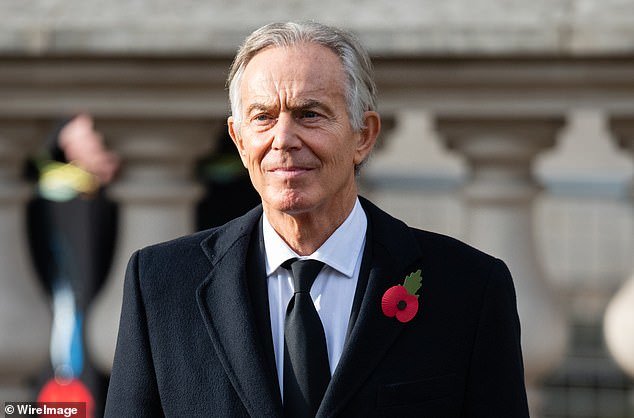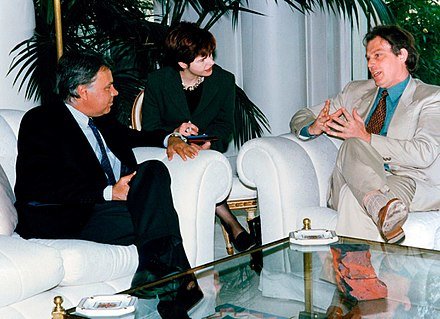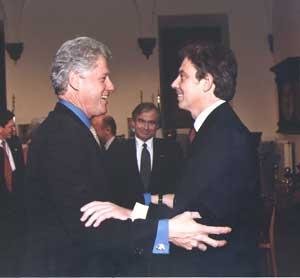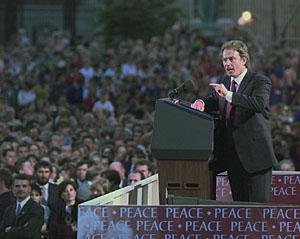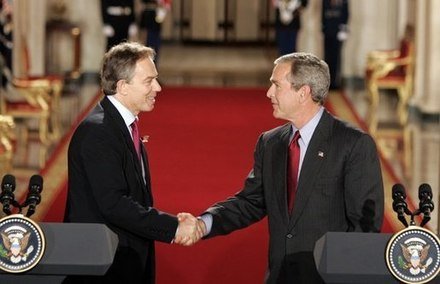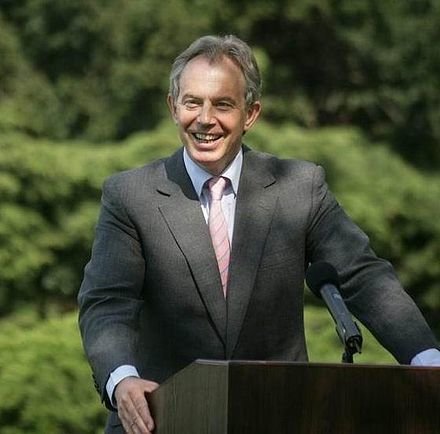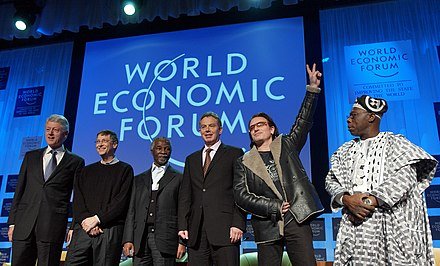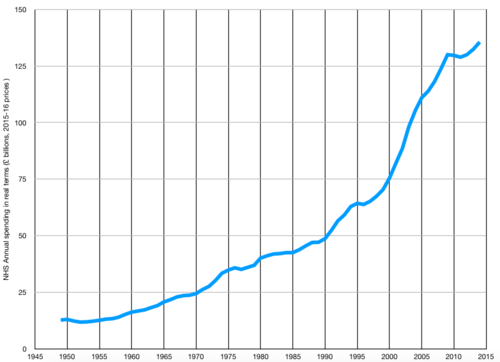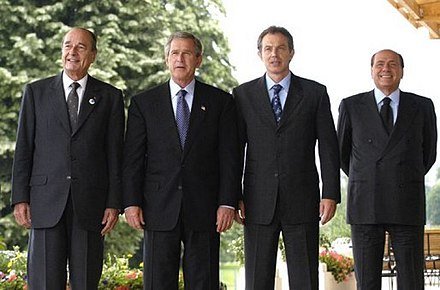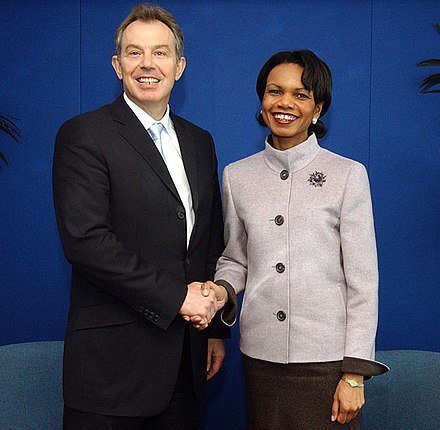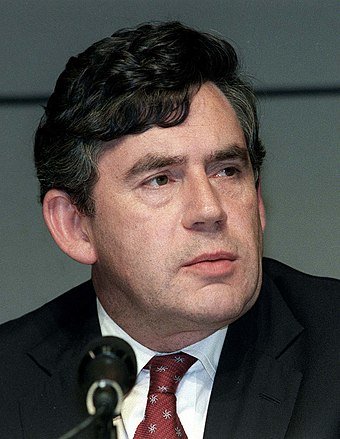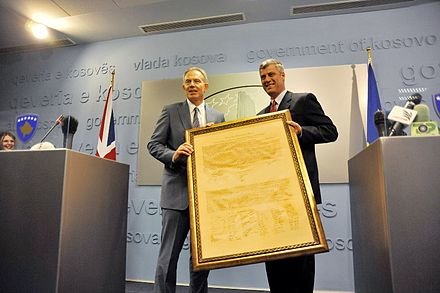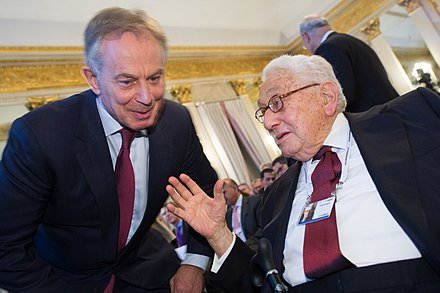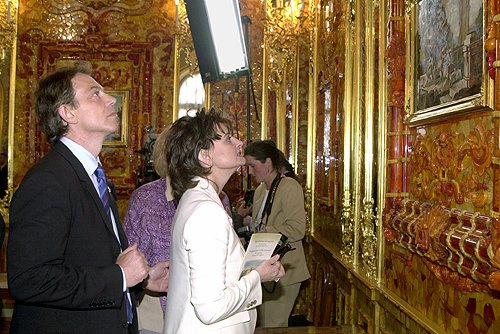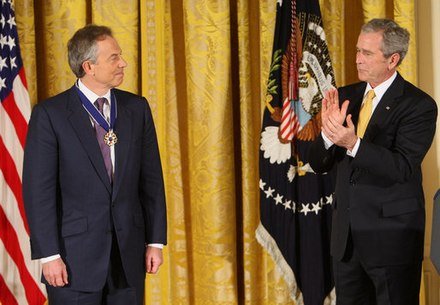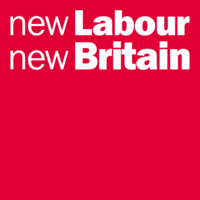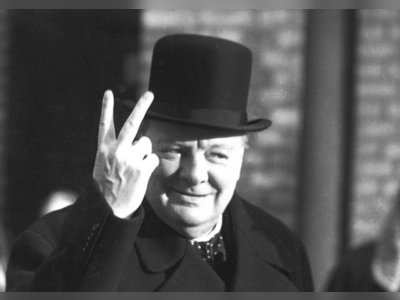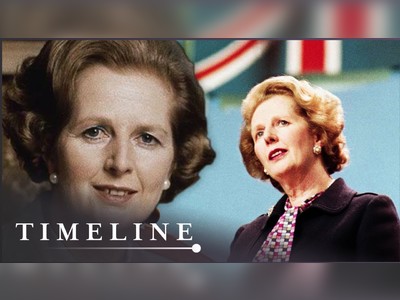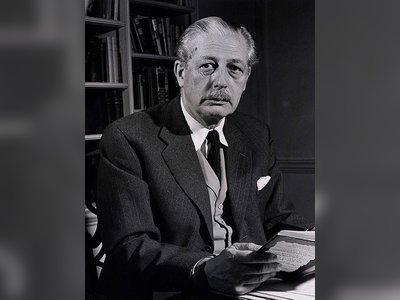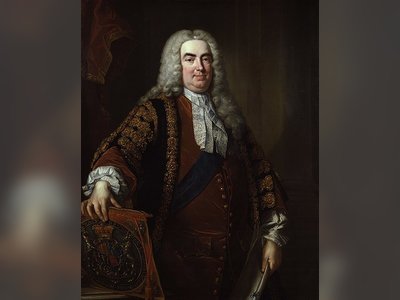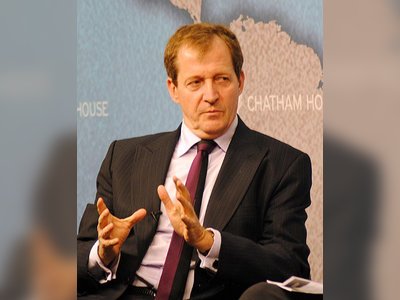British Heritage
Remember, Cherish, Learn.
beta
Tony Blair
A Legacy of Leadership and Controversy in British Heritage.
Contribution to British Heritage
Tony Blair, born on May 6, 1953, in Edinburgh, is a prominent British politician who left an indelible mark on British heritage during his time as Prime Minister from 1997 to 2007. Blair's most significant contribution was his role in transforming the Labour Party into "New Labour," a centrist political force that aimed to distance itself from traditional socialism and appeal to a broader spectrum of voters. This shift was crucial in ending the Conservative Party's 18-year rule and bringing the Labour Party back into power.
One of the defining aspects of Blair's legacy was his commitment to constitutional reforms. He oversaw the removal of most hereditary peers from the House of Lords, a significant step towards modernizing the British Parliament. Additionally, his government established the UK's Supreme Court, effectively separating judicial powers from the legislative and executive branches. These changes not only enhanced the judiciary's independence but also strengthened the overall governance structure of the United Kingdom.
Furthermore, Blair played a pivotal role in the peace process in Northern Ireland. He was actively involved in negotiating the Good Friday Agreement in 1998, which marked a significant step towards ending the three-decade-long conflict known as "The Troubles." The agreement led to the establishment of a power-sharing government in Northern Ireland and helped to foster a more stable and peaceful environment in the region.
Success and Achievements
Tony Blair's success as a politician can be measured by his electoral victories, with the Labour Party winning three consecutive general elections under his leadership in 1997, 2001, and 2005. The 1997 election marked the Labour Party's largest landslide victory in its history, propelling Blair to become the country's youngest leader since 1812.
Blair's economic policies, during his tenure as Prime Minister, contributed to a period of continued economic growth. His government granted the Bank of England autonomy in setting interest rates, allowing for more flexible monetary policy. Additionally, he oversaw substantial increases in public spending, particularly in healthcare and education, which aimed to address social inequalities and improve public services.
Blair's social policies were progressive, including the introduction of the National Minimum Wage Act in 1998, the Human Rights Act in 1998, and the Freedom of Information Act in 2000. He also championed multiculturalism and supported immigration, leading to an increase in the immigrant population, especially after the accession of new EU member states in 2004.
Furthermore, Blair's leadership on the international stage earned him recognition. He successfully intervened in Kosovo (1999) and Sierra Leone (2000), with both missions being perceived as relatively successful. Blair also supported the foreign policy of the George W. Bush administration and ensured British participation in the War in Afghanistan from 2001 and the controversial invasion of Iraq in 2003.
Controversies and Criticisms
Despite his successes, Tony Blair's legacy has been marred by controversies and criticisms. One of the most significant issues was his decision to support the US-led invasion of Iraq in 2003. The war was widely unpopular among the British public, and Blair faced criticism for his handling of the intelligence regarding Iraq's alleged weapons of mass destruction. The subsequent failure to find such weapons undermined the credibility of his administration.
Blair's close relationship with the media and reliance on "spin" to shape public opinion also attracted criticism. Some accused him of centralizing executive powers and undermining the traditional roles of government institutions.
Moreover, Blair's tough approach to crime and the introduction of anti-social behavior legislation were seen as contradictory to evidence regarding the change in crime rates. Critics argued that these measures led to increasing incarceration rates and eroded civil liberties.
The contentious relationship between Tony Blair and his Chancellor of the Exchequer, Gordon Brown, also became a subject of much controversy and speculation. The tension between the two leaders was a constant source of internal strife within the Labour Party.
Conclusion
Tony Blair's legacy in British heritage is one of significant achievements, reforms, and electoral success, but it is also marked by controversies and criticisms. His transformation of the Labour Party into "New Labour," with a centrist and modernizing approach, helped bring the party back to power after years of Conservative rule. Blair's role in constitutional reforms, peace negotiations in Northern Ireland, and successful military interventions added to his impact on British history.
However, his decision to support the Iraq War and allegations of misleading the public tarnished his reputation. The perception of an overreliance on media spin and centralization of power also fueled criticism. Blair's legacy remains a subject of ongoing debate, reflecting the complexities and challenges of political leadership in a rapidly changing world.
- Tony Blairen.wikipedia.org
